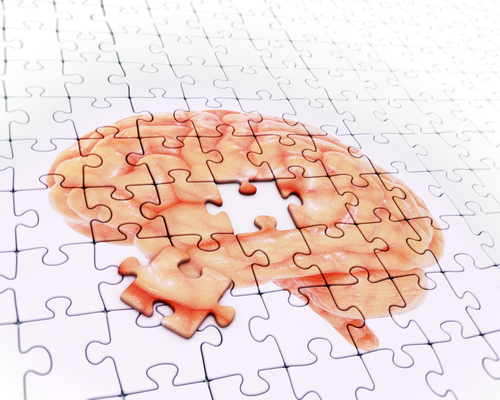Seniors Guide Features Alzheimer’s Disease, Dementia and Memory Loss

 Those interested in following recent news and research about older adults may already be familiar with Seniors Guide, an online source which has recently begun to include published pieces on a number of pressing geriatric mental health issues such as Alzheimer’s Disease, dementia, and memory loss.
Those interested in following recent news and research about older adults may already be familiar with Seniors Guide, an online source which has recently begun to include published pieces on a number of pressing geriatric mental health issues such as Alzheimer’s Disease, dementia, and memory loss.
Recently, this geriatric-centered publication reviewed country singer and Alzheimer’s patient Glen Campbell’s movie trailer for “I’ll Be Me,” due to hit the screens on October 14, 2014. The movie is about Campbell’s life, diagnosis, and music career. His latest admission of being diagnosed with Alzheimer’s Disease is the inspiration for his upcoming last tour.
One of the expert writers of Seniors Guide, Janet Faraone, wrote another article entitled, “Should Dementia and Alzheimer’s Patients Keep Their Guns?” which features the story of a 78-year-old man, diagnosed with dementia, and living alone with his collection of guns. One night, he claimed he heard what sounded like an intruder in his backyard. The next morning, his caregiver arrived and found him dead with a gunshot wound from the shotgun found on the ground next to him.
Faraone explained in her story feature that “As dementia progresses the individual affected will experience a decline in judgment skills, memory, perception and reasoning that compromises their ability to act safely in a variety of situations.” The Vice President of Seniors Guide, Katharine Ross, agrees and said patients living with dementia need extra safety precautions in their homes.
[adrotate group=”3″]
When it comes to non-pharmaceutical management for dementia, many experts recommend a wide range of therapeutic and stimulating activities that would do well to keep the brain and body sharper for a longer time. Ross shared that while there is still no known cure for Alzheimer’s, it is important that more effort be devoted to methods that can slow and alleviate the progression of symptoms. Boosting these conditions’ online presence and the general public’s awareness is a great start.
In related news, a team of researchers from the University of Texas in Houston are looking at an unheard of source of memory loss prevention — snails. They are working on the possibility of applying what they’ve discovered of snails’ brain patterns to human brains to actually repair cognitive impairment.






